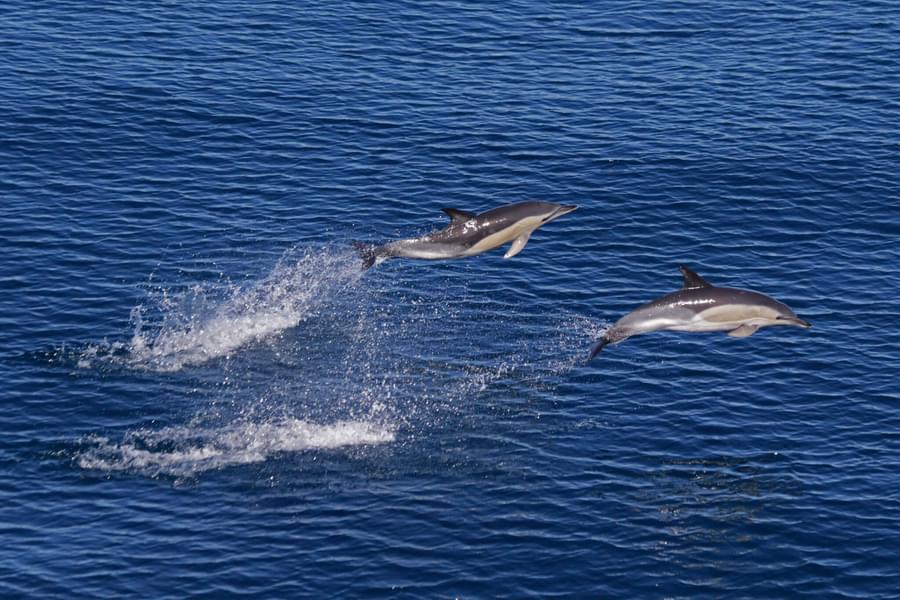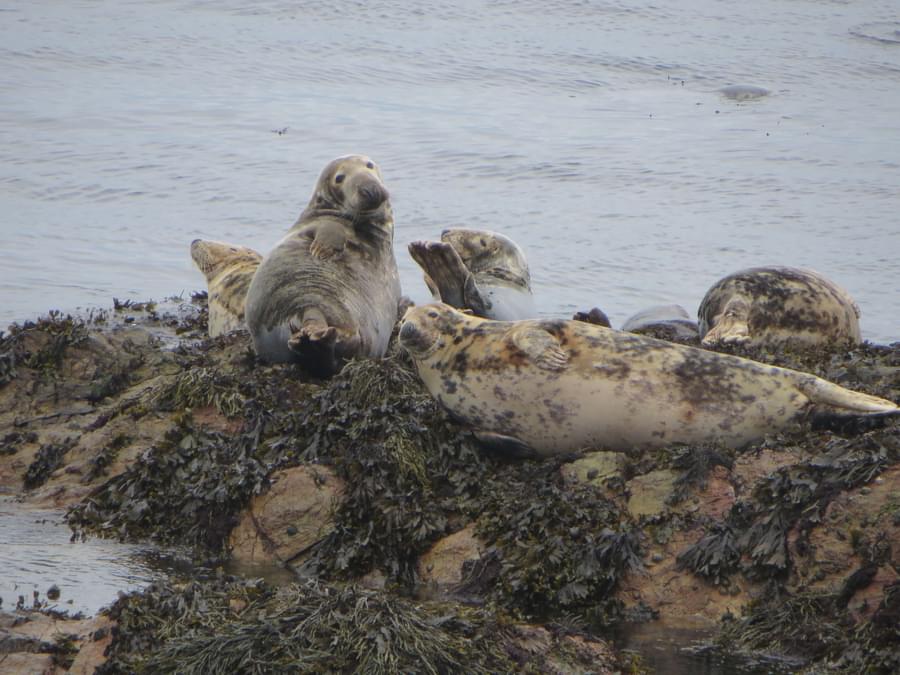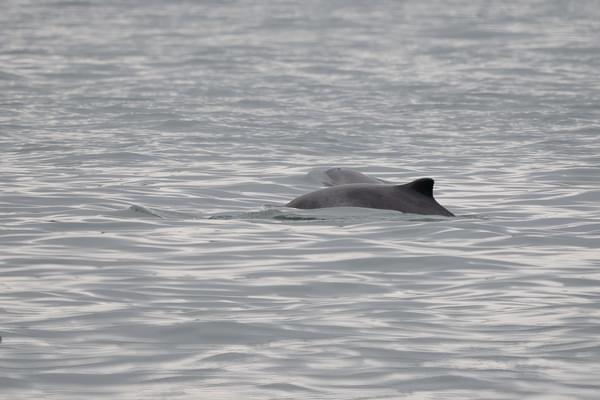First of all, I hope I’m not too late in wishing you a very happy 2024. Anyone who reads this blog will know that 2023 generated a fairly mixed bag of news from the cetacean community, and while we’d preferred to have had more in the way of good news, nonetheless we’ll continue to bring you the good, bad and ugly in 2024.
Even though it took place in 2023, it is fair to say the UK marine conservation community, ORCA included, is still seething about the UK Government’s indifferent response to its cross-party Environment, Food and Rural Affairs (EFRA) Committee report into protecting marine mammals in the UK and abroad. These select committees undertake detailed, timely research into issues which are designed to inform Government policy. The current EFRA committee under the expert chairmanship of Sir Robert Goodwill MP has been tireless in conducting a range of hearings on issues of current environmental concern, not least in 2023. It’s something of a thankless task. ORCA gave expert evidence at one of its oral hearings into marine mammal research and it was clear from the committee report that EFRA recognised action was urgently required to protect our precious marine mammals and habitat.

So it was hugely dispiriting when the Government rejected all of EFRA’s recommendations. Suffice to say we were hugely disappointed that its expert advice, informed by some of the UKs leading marine organisations and experts, was dismissed. It didn't make it any easier that DEFRA had serially ignored or rejected a number of other EFRA recommendations around the same time….
ORCA chairs the expert Marine Mammals Group at the powerful and respected Wildlife and Countryside Link (WCL), and a joint letter to the Secretary of State of DEFRA has been sent from the group signed by ORCA, WDC, IFAW, RSPB, CIWF, HSI, EIA and others.
We felt sure you’d be interested to read it...!
“The Efra Committee report offered a robust plan of action to recover declining marine mammal species. Stronger legislation to provide marine mammal protection is sorely needed in the UK. While we recognise that time remaining in Parliament is short, we would encourage the identification of a route to legislation, similar to the excellent example of the Marine Mammal Protection Act in the United States to reach our international 30 X 30 target at sea. We strongly endorse the JNCC’s quick and cost-effective recommendation for seals to be added to the list of species in Schedule 5 of the Wildlife and Countryside Act.
In Cornwall, 68% of seals are disturbed when people are present causing unnecessary stress to hundreds of individual mammals per year. A 2021 Parliamentary Petition ‘Strengthen laws protecting seals’ gained signatures from every single UK constituency and this easily implementable measure will protect all native and vagrant species from increased disturbance. Another huge opportunity to improve marine mammal protection would be better monitoring. While we support the innovative approaches outlined in the Government’s response to the Efra Committee, we urge a greater focus on existing, effective solutions such as a well-designed, Remote Electronic Monitoring (REM) with cameras. If made mandatory on all fishing vessels, with timebound implementation, it would enable a better understanding of one of the biggest threats to marine mammal populations and a suitable fishing industry, bycatch in fishing gear. We welcome the announcement that the Government will respond to the REM consultation within the next month and welcome the opportunity to engage with the England-specific work plan for implementation of the Bycatch Mitigation Initiative (BMI). The delivery of a coordinated, crosstaxa (species) approach to mitigation for bycatch reduction is essential for implementing effective measures and trials. We urge immediate action on REM in known high risk fisheries. More widely, we support the Government’s current research programmes on marine mammal conservation and encourage further practical, implementable outputs by the end of the financial year, particularly from Clean Catch 2.0 and the marine Natural Capital Assessment Programme. We also remain grateful for your work on Highly Protected Marine Areas (HPMAs) and hope to see a rapid roll out of accompanying bylaws by early 2024, and quick progress on effective HPMA management and new site designations.
The Wildlife and Countryside Link remains keen to work with you and your team to implement our shared goals to recover marine mammal populations. We hope that you will agree to reconsider Defra’s response to the Efra committee recommendations and would be happy to provide any evidence to assist with this reappraisal.”

If you are able, please write to your MP with the WCL letter, and ask if they will request that DEFRA re-considers their response to the EFRA report. There’s a new-ish Secretary of State for DEFRA and maybe they have a different set of priorities?

Tens of thousands of cetaceans are entangled in fishing gear every year and injured or killed, decimating vulnerable populations and pushing some species towards the brink of extinction. Our monitoring work plays a vital part in helping to identify hotspots where cetaceans are vulnerable to bycatch, so please visit www.orca.org.uk/donate to help support this vital work.

